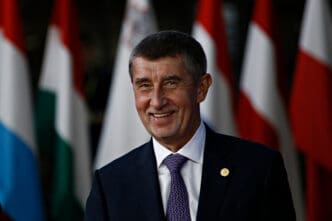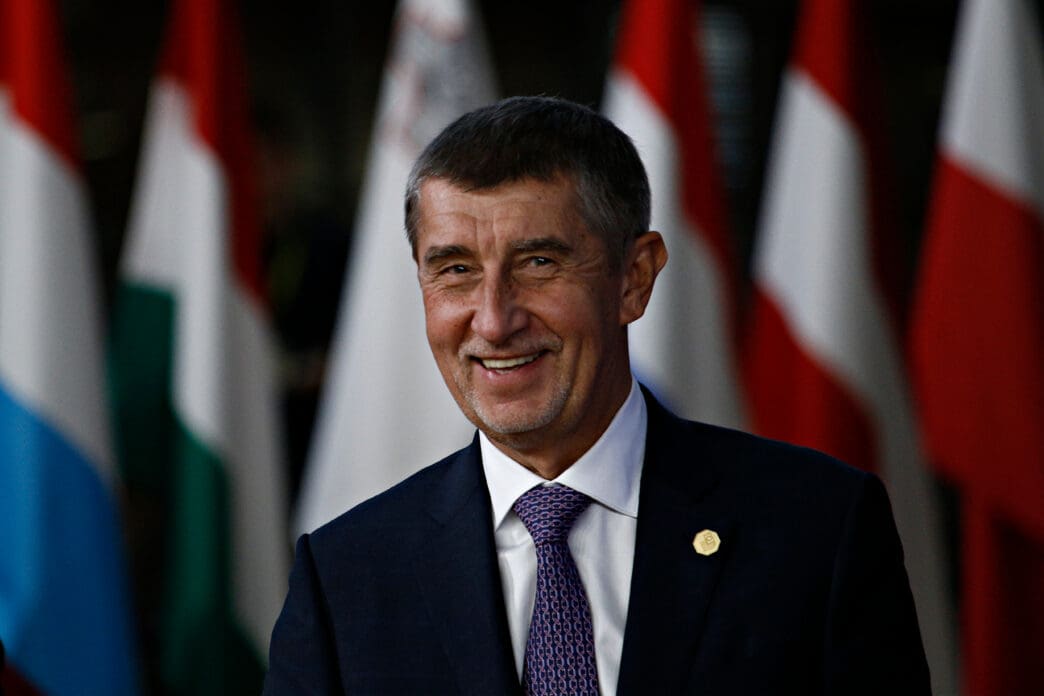Executive Summary
The Story So Far
Why This Matters
Who Thinks What?
Czech Foreign Minister Jan Lipavský has issued a stark warning that Andrej Babiš, the likely incoming prime minister, could compromise Czechia’s international standing by acting as a “puppet” for Hungarian leader Viktor Orbán. Speaking ahead of a European leaders’ gathering, Lipavský expressed concern that Babiš, reelected earlier this month, would diverge from current Czech policy on key issues such as support for Ukraine and defense spending, potentially aligning the country with more hard-right, anti-EU stances.
Potential Shift in Foreign Policy
According to Lipavský, Babiš “will not behave like an Orbán figure” but “will behave like Orbán’s puppet,” a distinction he described as significant. While Babiš stated after his victory that he would not seek confrontation with the European Union, Lipavský fears he is poised to follow the path of his political ally Orbán, who frequently clashes with Brussels over rule of law and support for Ukraine.
Babiš is currently negotiating with two right-wing parties to form a government and is expected to make his debut at an upcoming European leaders’ summit in December. Lipavský warned that Babiš could be influenced by these domestic “MAGA style” parties, which he likened to Germany’s far-right Alternative for Germany, and likely act in concert with Orbán as part of a “Visegrad” coalition.
Concerns Over Ukraine Support
Lipavský indicated that Czechia’s strong support for Ukraine, which has included leading an EU-wide ammunition scheme and implementing tough measures against Russian diplomats, is likely to change under Babiš. He expressed pessimism that Czechia would maintain its current position on the world stage regarding Ukraine support, citing Babiš’s criticism of the ammunition initiative and his stated reluctance to provide new money for Kyiv.
The foreign minister conveyed fears that Babiš’s potential “anti-Ukrainian statements” could damage Czechia’s international reputation. He emphasized that the current government’s approach to European politics, which has focused on collaboration, might be replaced by Babiš’s “dream of strong leader banging with shoe to the table, saying no, vetoing things.”
Defense Spending and US Relations
Babiš’s populist style has drawn comparisons to President Donald Trump, and his ally Orbán has highlighted ties with the United States. However, Lipavský believes a rapprochement between Czechia and Washington under Babiš is unlikely due to his stance on defense spending, a key demand of President Trump for NATO allies.
Lipavský noted Babiš’s criticism of the procurement of US-made F-35 fighter jets, arguing that Babiš’s promises on social welfare would necessitate spending less on defense. He concluded that this approach would not help relations with the USA, but rather lead to Czechia being perceived differently among its allies.
Outlook for Czechia
The potential shift in Czechia’s foreign policy under Andrej Babiš, as outlined by Jan Lipavský, suggests a significant reorientation away from the country’s recent alignment with mainstream EU and pro-Ukraine stances. This could lead to a changed role for Czechia within the European Union and on the broader international stage, particularly concerning its relationships with key allies and its contributions to collective security efforts.








